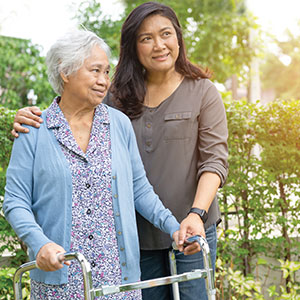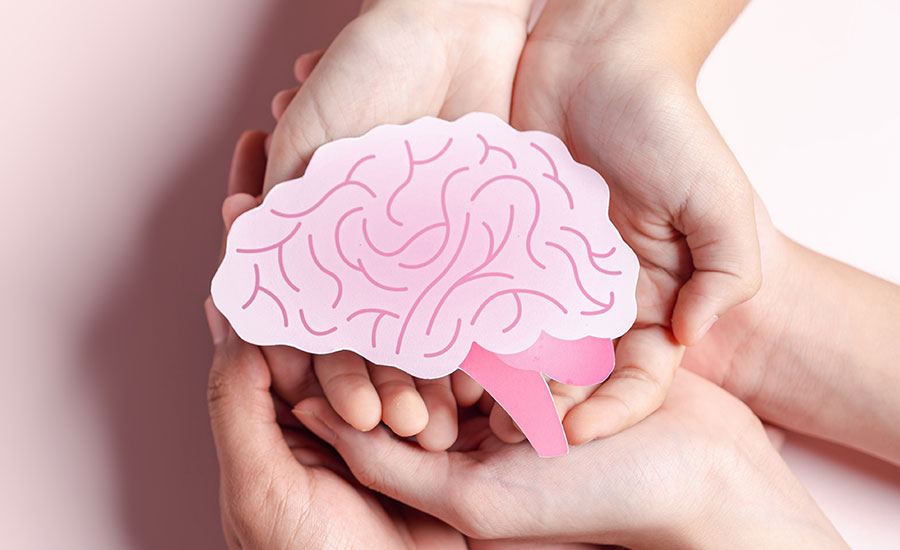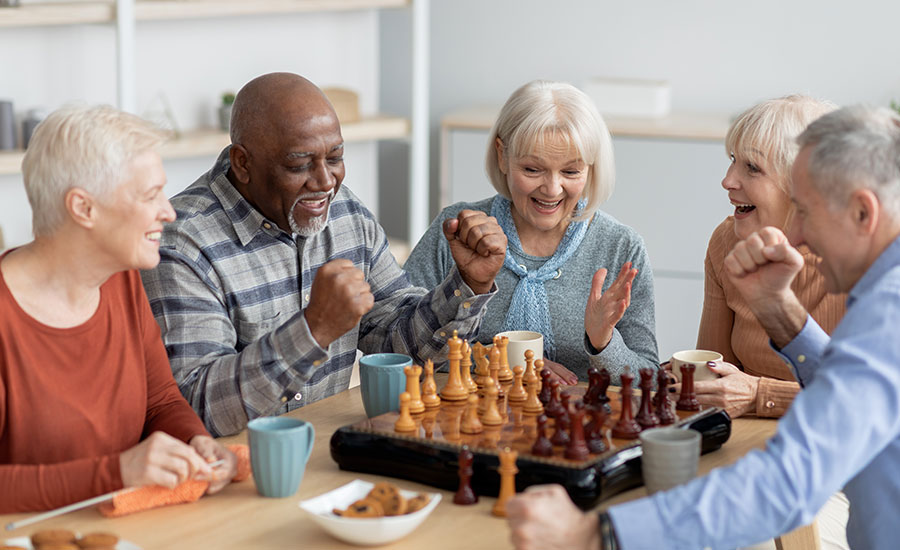Parkinson’s Awareness: What You Need to Know

Parkinson’s disease affects nearly one million Americans. The more you know, the more alert you can be for early warning signs and the better care you can provide for loved ones with Parkinson’s. Although there is currently no cure, there are ways to manage symptoms.
What is Parkinson’s Disease?
It is a progressive neurodegenerative disorder with no known cause. Over time, neurons in the brain that produce dopamine diminish. As dopamine levels decrease, it often causes movement issues such as muscle stiffness, slowed movement, poor balance, and tremors. It typically develops after age 50, but Young Onset Parkinson’s disease can occur as well. The condition is more prevalent in men than women but affects both genders.
What Causes Parkinson’s Disease?
While researchers have many theories, they have not targeted a specific cause of the disease. They believe that it may be a combination of genetics, environment, and other risk factors such as age and gender.
What are Common Symptoms?
Symptoms and their severity vary from person to person, especially as the disease progresses, but here are some things to look out for:
- Tremors in the hands, arms, legs, or jaw
- Slow movement, also known as bradykinesia
- Stiffness in the body or limbs, which is sometimes attributed to arthritis
- Balance issues
- Small handwriting (micrographia)
- Gait changes such as shuffling the feet or taking quick, small steps
- Stooped posture
There can also be non-movement symptoms of Parkinson’s disease such as:
- Softer speaking voice
- Sleep disorders
- Fatigue
- Vision problems
- Loss of smell
- Depression or anxiety
Many of these symptoms can also be caused by other conditions, so it is important to discuss any change you notice with your doctor.
How is Parkinson’s treated?
There is no known cure for Parkinson’s yet, but many patients are prescribed dopaminergic medications to try to balance dopamine levels and control symptoms. Physical, occupational, and aquatic therapy can also be beneficial to strengthen muscles, improve coordination and balance, increase mobility, and maintain independence.
A speech therapist can work with individuals on communication challenges that often accompany Parkinson’s. Seniors can support the verbal communication they do have, enhance nonverbal skills, and learn to use alternative communication devices. Speech therapy can also help with any swallowing issues.
Staying active plays an integral role in managing Parkinson’s as well. Incorporating a variety of exercises that work on strength, agility, flexibility, balance, and endurance can all be beneficial. A personal trainer or physical therapist can help create an appropriate exercise routine.
How Can In-Home Care Support Seniors with Parkinson’s?
An in-home caregiver can be a valuable resource to support seniors in maintaining their safety and independence. As the disease progresses, a caregiver can assist with activities that become more difficult such as meal preparation, light housekeeping, dressing, grooming, writing, navigating the home, and going out into the community. They can provide companionship for socialization as well as staying active and engaging in regular exercise.
In addition, home care agencies can conduct home safety assessments to recommend modifications or changes to reduce fall risk and improve overall safety. This can enable seniors to continue aging in place and maintaining as much independence as possible. Learn more about how Always Best Care can support individuals with Parkinson’s disease by contacting us at (855) 470-2273 to schedule a free consultation.





